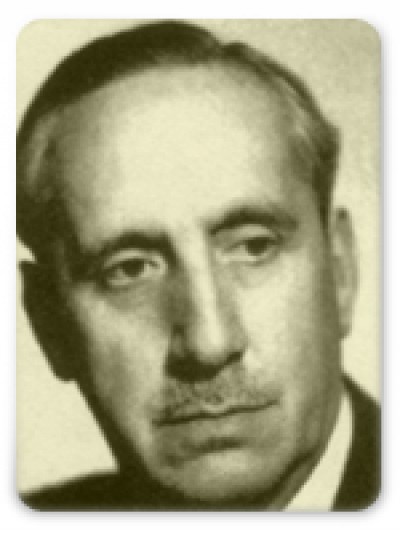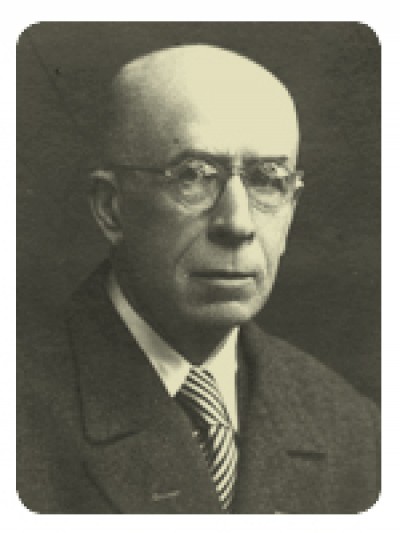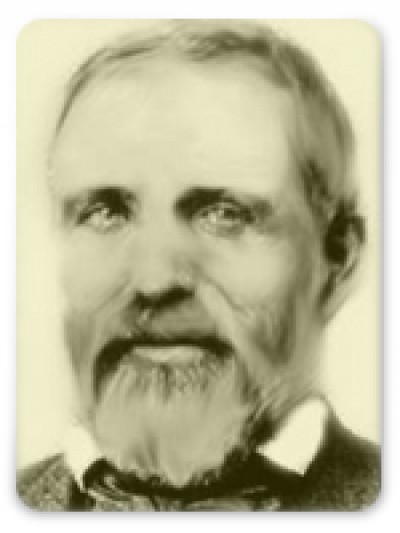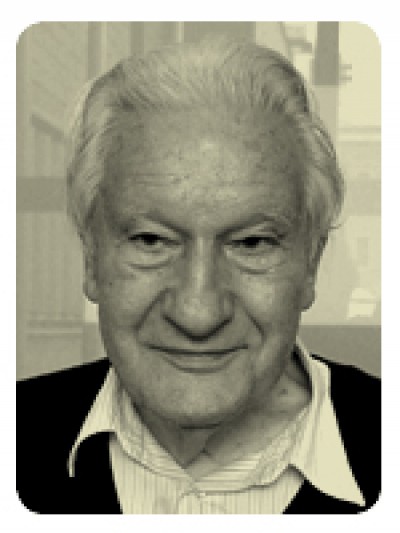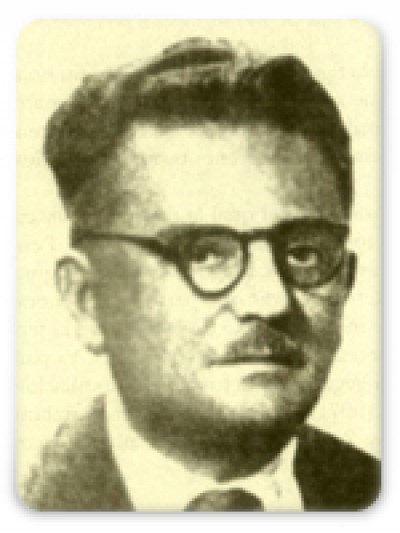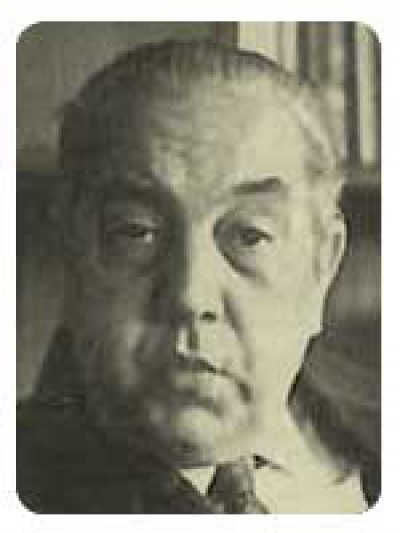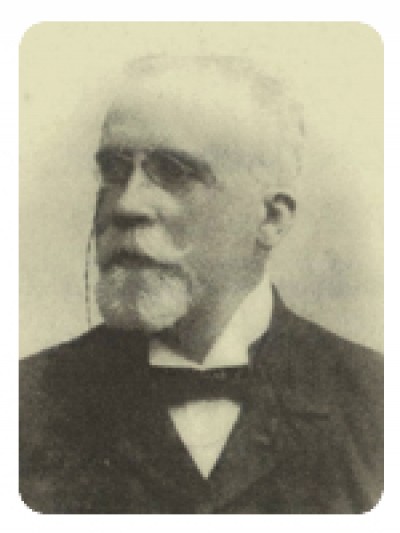In 1902, he founded the Societat Catalana de Biologia and later on he became Professor of physiology at the University of Barcelona, where he promoted the study of physiology. In the Laboratorio Bacteriológico Municipal and in the Institut de Fisiologia he worked as a teacher and researcher.
In development. Sorry for the disturbances.
“He used to explain that as a kid, on the way back from Badalona to Alella at night, he had fallen in love with the firmament from contemplating the starry sky so much.” Joseph M. Casals’ words in memory of Isidre Pòlit exemplify a passion for astronomy that accompanied the career of this scientist from an early age.
Highly regarded Physical Anthropologist and teacher to a generation of physical anthropologists. He was Professor of Anthropology, President of the SEAB (Spanish Society of Biological Anthropology, 1978-1984), of IDA (International Dermatoglyphics Association, 1961-1971) and Honorary Member of the Royal Academy of Sciences and Arts Barcelona.
Emeritus Professor of the Department of Orthopedic Surgery at the University Hospital of Iowa. He is known worldwide for having developed the Ponseti Method for the correction of congenital talipes equinovarus foot during the 1950s.
He got his Ph.D. degree in science (1846) and pharmacy (1846). He was a teacher of mathematics in the University of Barcelona and in the Escuela Industrial.
Geneticist and professor of genetics at the University of Barcelona. Antoni Prevosti wanted to dedicate himself to genetics even before it was a subject at university. With the perseverance he always defended to be a good scientist, Prevosti reached his goal of becoming a researcher and an active teacher until the end of his life, as retired Professor Emeritus of genetics at the Faculty of Biology of the University of Barcelona (UB).
He studied in Barcelona and he got his Ph.D. degree in exact sciences. In 1926 he won the professorship in mathematics of the Instituto de San Isidro, Madrid.
During a postwar period that did not encourage great discoveries, Pere Puig Muset was part of the brilliant minds who contributed to the creation of a modern pharmaceutical industry. A passionate researcher, a teacher to all those who approached him and generous in his discoveries, Puig Muset ventured to create a pharmaceutical laboratory for the creation of innovative products at a time when in Spain it was common to open laboratories to copy already established formulas.
Public awareness of the importance of forests in land preservation hugely increased thanks to his efforts, which he did by writing a number of articles, most importantly, an article published in La Vanguardia in 1898 (‘Patriotism and the Tree’). A year later, the first festival of the tree in Barcelona was celebrated in 1899 thanks to his initiative, then consolidated by royal decree in 1915 when it Arbour Day was established as a compulsory celebration in Spain.

